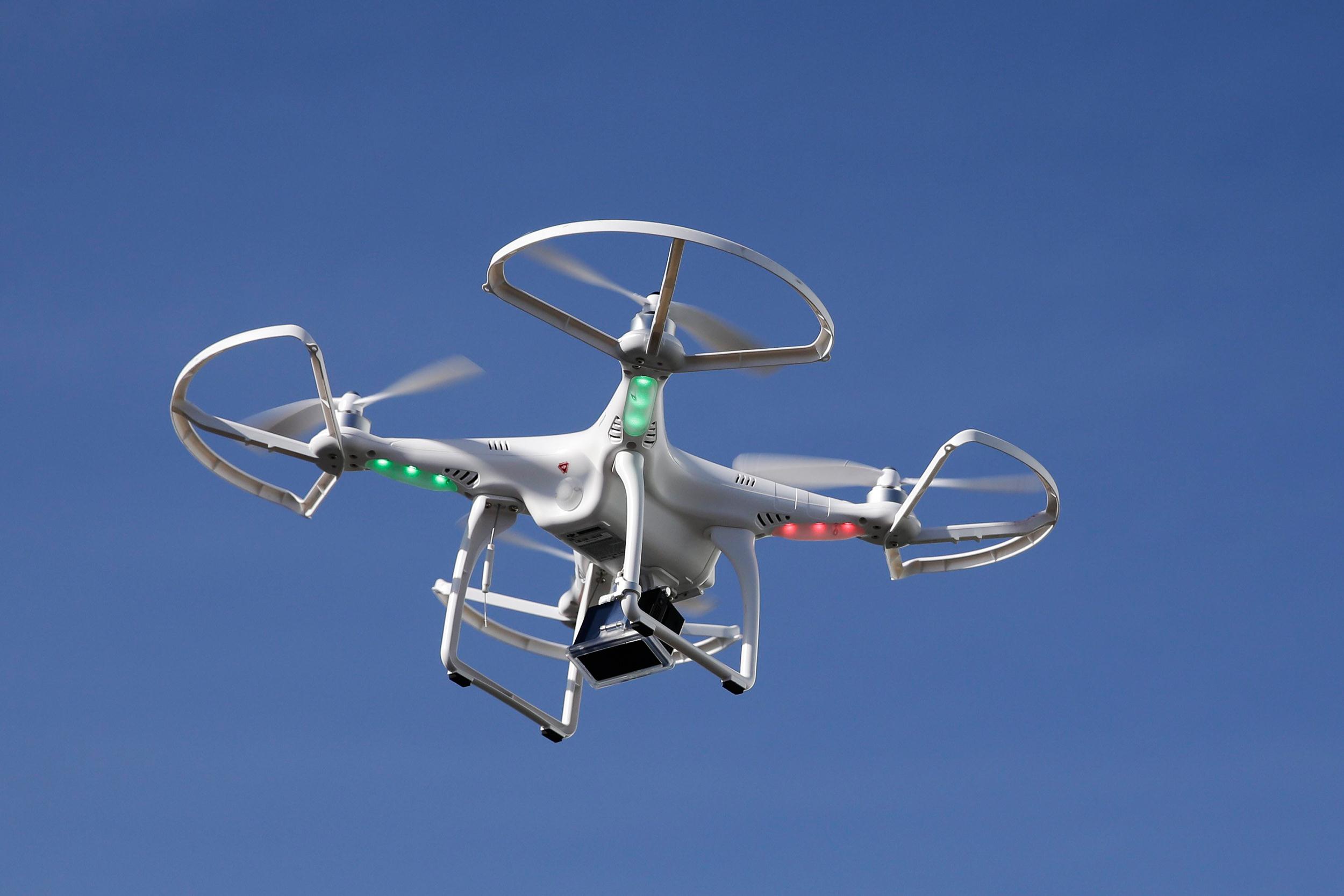Police send drones out to scene of 999 calls
Flying cameras live-stream footage from above to assist officers on the ground as part of Met trial
Friday, 24th October 2025 — By Daisy Clague

POLICE drones were deployed in Islington this week as part of a Met trial to speed up emergency response times – but critics say they could jeopardise human rights.
The flying cameras will be stationed on the roofs of police buildings and sent out to the scene of 999 calls, arriving within two minutes and live-streaming footage from above to assist officers on the ground and those back at base.
This is the first time the technology has been used for general policing in London and Islington is the first borough where it is being trialled, with plans to extend it to two more sites covering the West End and Hyde Park by the end of the year.
Assistant commissioner Laurence Taylor, the national lead for drones, said: “Our Drone as First Responder programme will see police resources arriving at crime scenes across London quicker. They will assist in tracing suspects, locating missing people and delivering intelligence to our officers as they respond to Londoners when they need us most.”
As well as allowing faster response times, the Met said the drones are quieter, cheaper and more environmentally friendly than helicopters.
But campaign group Big Brother Watch has flagged concerns about the widespread use of this “very intrusive technology”. The charity’s head of research and investigations Jake Hurfurt said: “There may be a role for drones in providing quicker information than helicopters in unfolding emergencies, for example.
“However, it’s concerning that this potentially very intrusive technology is being rolled out in the capital without any policy limiting how, when or why it might be used. Without robust safeguards, there is a real risk of mission creep and drones becoming flying CCTV cameras or watching people lawfully protesting.
“The Met must be transparent about its thresholds for using drones and take care to balance the rights of Londoners with the purported benefits of drone use.”
The drones are housed in special rooftop charging boxes where they wait for an emergency call.
After attending a crime scene, they return to recharge and prepare for their next mission.
Superintendent Taryn Evans, who leads the police Drones Programme and the pilot for the Met, said: “We’ve been running trials of the programme in several different police forces with a range of operating environments from urban to rural and the technology has proven a game changer in many incidents. This pilot with the Met brings together our two years of learning and development and I look forward to seeing how it can enhance the operational response.”
Other police forces, including in Norfolk, the West Midlands and the Isle of Wight, are also in the trial phase of this technology.